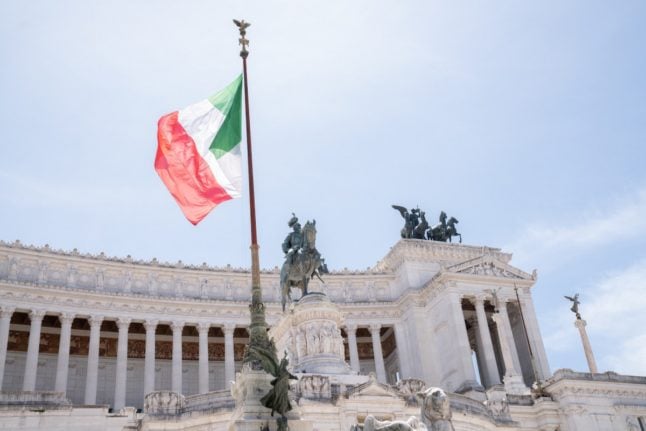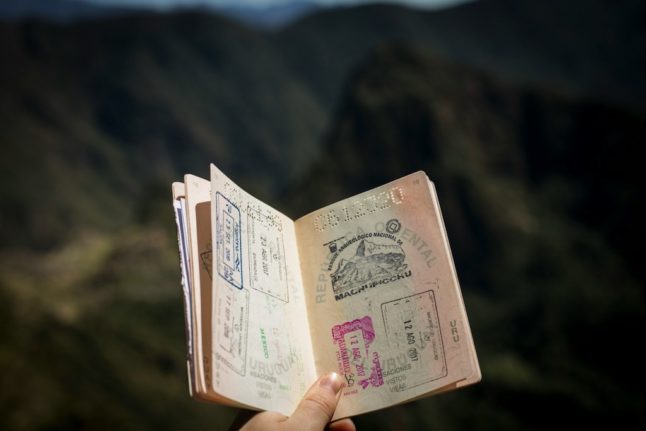Question: “I’ve been granted Italian citizenship and will now have to take the oath. What does this involve?”
Getting Italian citizenship is no easy task and the slow-grinding wheels of Italian administration mean that, in most cases, it is also a fairly long process.
But, if you’ve managed to successfully weave your way through the country’s notorious red tape and have finally been granted Italian citizenship, you’ll have another (small) step to take before you can become a full-fledged cittadino italiano.
READ ALSO: How many people get Italian citizenship every year?
Anyone who’s been awarded Italian citizenship has six months from the day they received the decreto di concessione della cittadinanza (citizenship concession decree) to take an oath of allegiance to the Italian Republic.
Luckily, taking the oath (known as the giuramento) is something of a formality and is not something you should fret about, though you should keep in mind that failure to take the oath within the six-month window will result in your citizenship being revoked (and, in turn, you having to go through the whole application process from the start).
But what does the oath actually involve?
The Italian citizenship oath is essentially a pledge of allegiance to the country’s Constitution and laws. Its wording has changed on multiple occasions over the years, but the formula currently in use is the following:
“Giuro di essere fedele alla Repubblica e di osservare la Costituzione e le leggi dello Stato.”
This is roughly translatable as: “I swear to be loyal to the Republic and observe the Constitution and laws of the state”.
You’ll have to take the oath at your local town hall (comune) or, if you live abroad, at the nearest Italian consulate. In either case, you’ll be responsible for booking the appointment with the relevant authority.
READ ALSO: Eight of the most common mistakes when applying for Italian citizenship
Some Italian town halls stress that the formula must be uttered “in modo chiaro e intellegibile” (“in a clear and intelligible way”), so it’s advisable you do some rehearsing before the event.
Should you need some help, a correct pronunciation of the oath is available at the following link (minute 1.55).
After taking the oath, you’ll be an Italian citizen to all intents and purposes (hooray!) and you’ll be able to apply for an Italian passport with the State Police from the very next day.



 Please whitelist us to continue reading.
Please whitelist us to continue reading.
Member comments